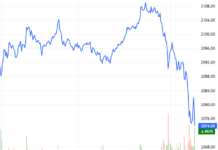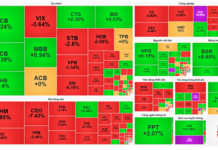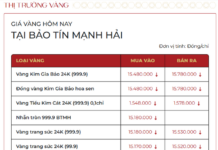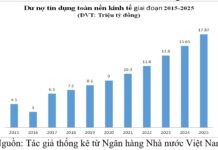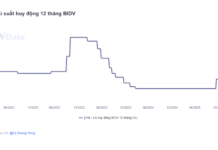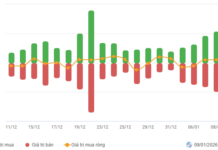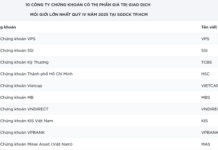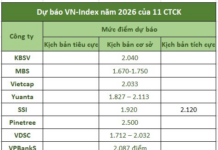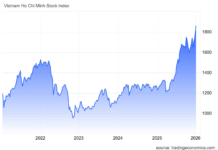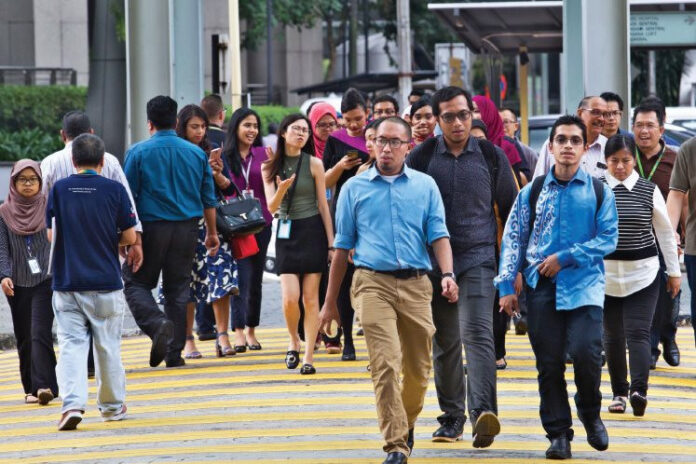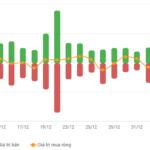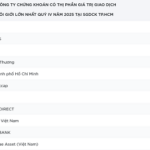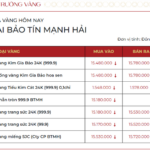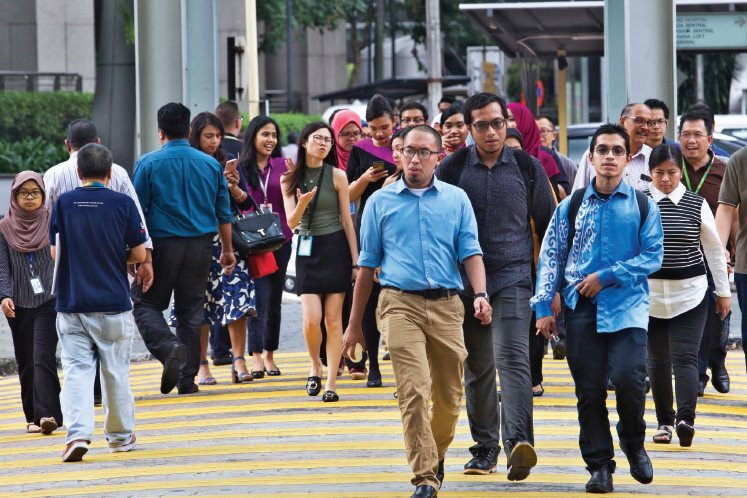
Malaysia’s economic advisor to the Prime Minister, Datuk Seri Anwar Ibrahim, has described the country’s tax revenue decline relative to its gross domestic product (GDP) as “peculiar,” given the nation’s relatively strong economic growth.
The large size of Malaysia’s underground economy and the fact that only 15% of the workforce pays taxes to the Inland Revenue Board of Malaysia (LHDN) are possible contributing factors, according to Nurhisham Hussein, senior director of economics and finance at the Prime Minister’s office.
“The government is keen to understand the reasons and ways to address the decline in tax revenue as a percentage of GDP,” The Star quoted Nurhisham as saying during a panel discussion at the Malaysia Bond and Sukuk Conference organized by Malaysian Rating Corp Bhd.
In its 2024 Fiscal Outlook report, Malaysia’s Ministry of Finance projected a slight decrease in tax revenue as a percentage of GDP to 12.3% in 2024 from 12.4% in 2023.
Dr. Runchana Pongsaparn, lead economist at the ASEAN+3 Macroeconomic Research Office, noted that Malaysia’s tax revenue as a percentage of GDP is lower than that of most countries in the region.
Another concerning factor is the low contribution from Malaysia’s consumption taxes, such as sales and service taxes. According to Runchana, the fact that only 2.8% of GDP comes from consumption taxes is certainly the lowest among ASEAN countries.

Only 15% of Malaysia’s workforce pays taxes to the Inland Revenue Board.
“Goods and Services Tax (GST) is one way to improve consumption tax revenue,” Runchana suggested.
Meanwhile, Nurhisham pointed out that GST is not the only solution to broadening the government’s tax base. “We can make the income tax regime more progressive and review the incentives that have been provided over the years to the business sector,” he said.
Echoing a similar sentiment, Runchana suggested that the country should strengthen its personal income tax regime. “This is because revenue from personal income tax is relatively low at 2.4% of GDP, compared to the emerging market average of 3%,” Runchana explained.
Previously, reports indicated that the top 20% of income earners in Malaysia, known as the T20 group, contributed 85%, or RM33.68 billion, of the personal income tax collected in 2022. The middle 40%, or the M40 group, contributed 13%, or RM5.38 billion.
Malaysia Levies Personal Income Tax of up to 30%
According to PwC, an individual, whether resident or non-resident in Malaysia, is subject to tax on any income arising in or derived from Malaysia. Resident individuals are also taxed on foreign-sourced income received in Malaysia.
A non-resident individual is subject to a flat rate of 30% tax on their chargeable income.
An individual who qualifies (as defined) as an intellectual employee residing in Iskandar Malaysia (an economic zone) is taxed at a rate of 15% on income from employment with a qualified company operating in the designated area.
A resident individual approved under the Returning Expert Programme, who is employed with a person in Malaysia, will also be taxed at a rate of 15% on income from employment for a period of five years.
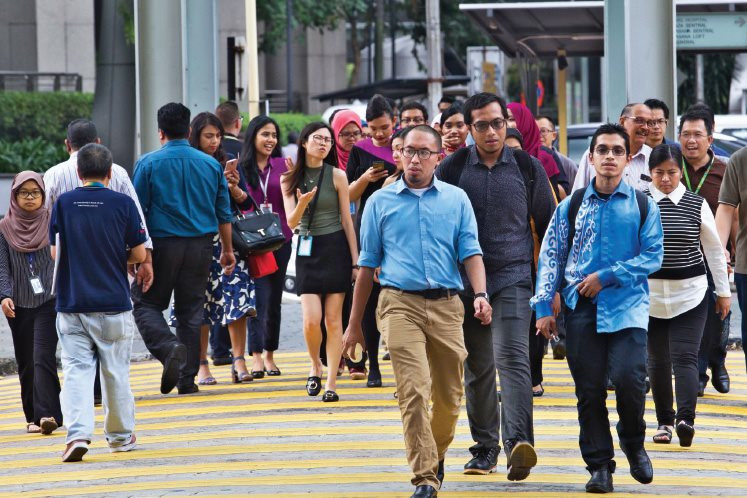
Non-resident individuals in Malaysia are subject to a flat 30% tax rate on their total taxable income.
An eligible individual holding a C-Suite position is taxed at a rate of 15% on income from employment with a company that has been granted tax incentives under the PENJANA (an economic recovery program) initiative.
As per PwC’s data, last updated on June 26, Malaysia imposes a goods and services tax of up to 10%.
Back in May, the National Chamber of Commerce and Industry of Malaysia (NCCIM) expressed hope that the government would reintroduce the Goods and Services Tax (GST) at a rate of 4%.
NCCIM president Tan Sri Soh Thian Lai stated that the government also needed to find additional sources of revenue. “Currently, the government is relying on supplementary taxes such as the Sales Tax and the Service Tax. This puts a lot of pressure on our business community,” The Sun quoted him as saying at the 2024 National Economic Forum.
1 RM ~ 5,800 VND

